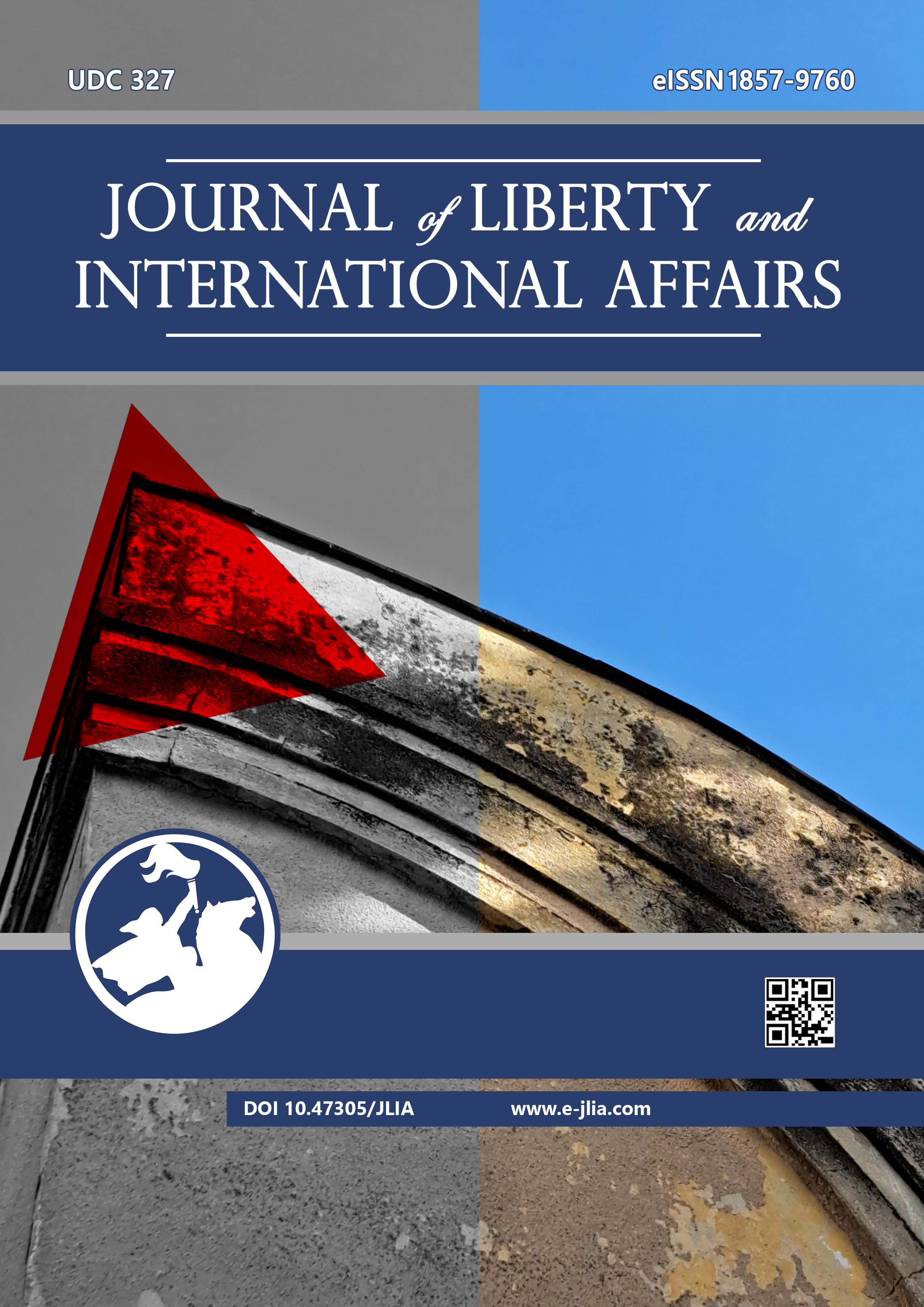
FACTORS AFFECTING CORRUPTION IN THE PUBLIC SECTOR: EVIDENCE FROM VIETNAM
This research utilizes a structural equation modeling (SEM) technique to comprehensively examine the intricate interactions among various factors influencing corruption in Vietnam’s public sector. The findings reveal that certain factors, including inadequate anti-corruption policies and enforcement, a lack of accountability and transparency in anti-corruption endeavors, and significant income disparities between public officials and anti-corruption measures, significantly and positively impact the cultural and social norms associated with anti-corruption. Additionally, insufficient cultural and social standards exert a notable and positive influence on the level of corruption in the public sector. The outcomes of this study provide valuable insights for developing effective policies and strategies that promote accountability, transparency, and good governance to combat corruption in Vietnam’s public sector.
More...
